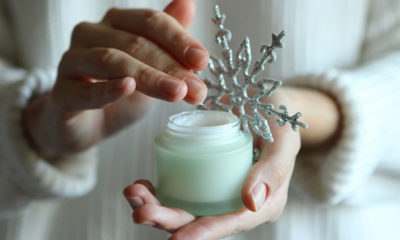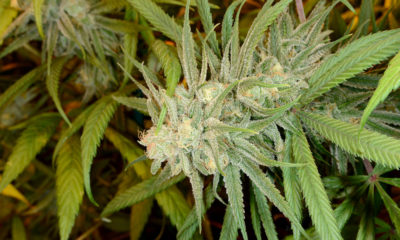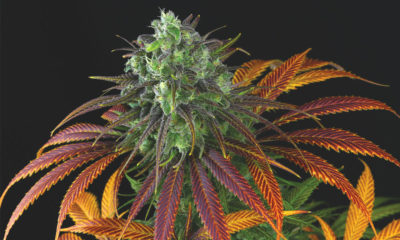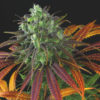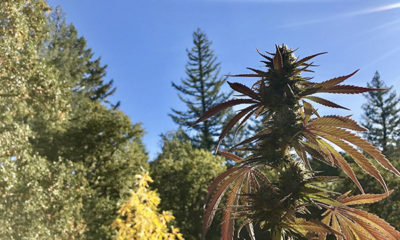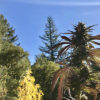
Joint Opinions
The Murky Waters of Hemp CBD’s Legal Status Get Murkier
Some legal experts say the DEA’s recent notice in the federal register concerning the classification of CBD oil is an attempt to criminalize the “non-psychoactive” substance. Others say it’s just a clarification for the purposes of research. The waters have only gotten muddier, but the general public’s understanding of CBD medicine isn’t crystal clear to begin with.
Everybody in cannabis talks about billions. The main difference between conversations with Wall Street investment banks and cannabis-sector investment firms is just how many billions are at stake.
Five, 10 or 20? Step on up and place your own market-friendly guesstimate! The sky’s the limit.
Not to be left behind, the purely hemp side of the cannabis industry recently released its own rosy outlook. According to no less an authority than the Hemp Business Journal, the market for CBD-only products will reach $2.1 billion in consumer sales — including $450 million in products derived from hemp alone, no marijuana required.
Remember: both THC-rich cannabis and nearly THC-absent hemp are varieties of the plant “cannabis sativa.” It’s the THC that leads law enforcement to declare one of the two “marijuana” and therefore illegal under federal law — and tightly regulated under many state laws.
Hemp, for its part, was for many years the only commodity in America that was legal to possess, import and sell but illegal to grow.
Anyway. Ever since CBD was popularized in CNN medical correspondent Sanjay Gupta’s 2013 special as a miracle cure for afflictions including childhood epilepsy, there’s been intense mainstream interest in the stuff.
Hemp-only CBD products amounted for $90 million in sales in 2015 — far from small change — but if the projection to $450 in six years is accurate, that’s a big jump in a short amount of time.
Was it coincidence, then, that only a few days later the DEA butted in and declared hemp-derived CBD products a Schedule I Controlled Substance?
On Dec. 14, the DEA published an update into the Federal Register clarifying what it means by “marihuana extract”:
‘‘Meaning an extract containing one or more cannabinoids that has been derived from any plant of the genus Cannabis, other than the separated resin (whether crude or purified) obtained from the plant.’’ Extracts of marihuana will continue to be treated as Schedule I controlled substances.
At first read, there doesn’t appear to be much new here. Marijuana has been Schedule I forever, including all of its extracts. But note that the register entry makes specific mention of “cannabinoids derived from any plant of the genus cannabis.” That would mean cannabinoids including CBD, pulled from plants including hemp.
This, then, could be a game-changer for products that are CBD-only and hemp-derived. For now, business leaders from companies like Medical Marijuana, Inc., (MJNA) a publicly traded company that sells a product called “Real Scientific Hemp Oil” insist that the DEA is wrong.
In an interview with Forbes, a MJNA executive pointed to a 2004 federal court decision in which hemp was declared OK to traffic — which is good for MJNA, as the company reports $800,000 a month in retail sales in hemp-derived CBD products. Those products are derived from hemp made in northern Europe and are advertised for sale in all 50 states and 40 countries.
But what is “Real Scientific Hemp Oil,” anyway — and what is it good for? For years, consumers may have been mistakenly conflating CBD oil (derived from cannabis with some THC present) with THC-absent hemp oil.
SF Weekly ran an article attempting to clarify those blurred lines in 2014, and similarly critical coverage appeared in an extensive Buzzfeed story the following year, which found that hemp-derived CBD-only products have only a fraction of the CBD found in CBD products derived from marijuana.
Remember, even though red states including Texas have passed local laws allowing CBD-only extracts for sick people, such a concoction remains federally illegal.
To some, having RSHO and similar products definitively fall under federal drug laws is a welcome advance, even if it means fewer billions down the road.
TELL US, have you used hemp-based CBD products? Do they help you?



